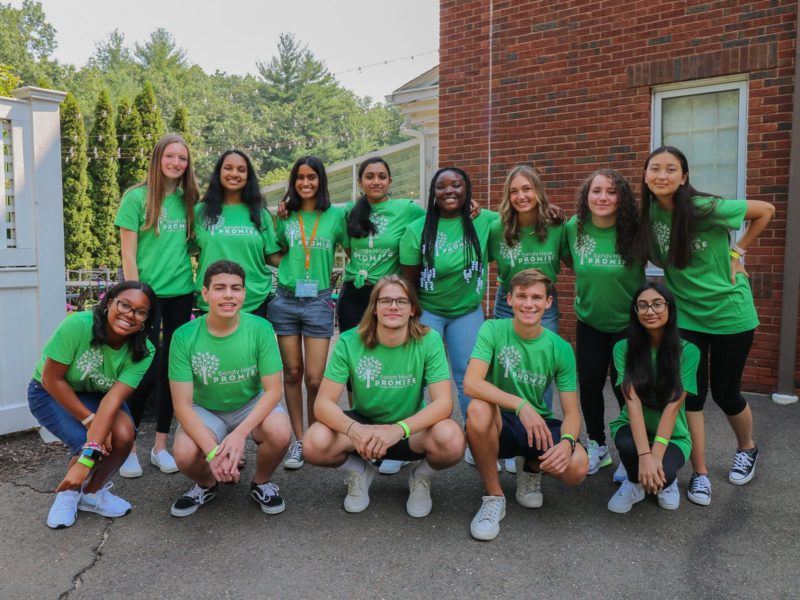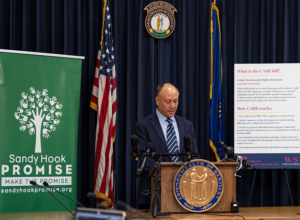Members of Sandy Hook Promise’s National Youth Advisory Board respond to the “Don’t Say Gay” legislation recently signed into Florida law and similar proposals in other states.
The “Don’t Say Gay” bill — and similar “Parental Rights in Education” legislation — regardless of intentions, will only censor discussions that are crucial to students’ education. And it will harm students’ mental and physical health.
These state bills fail to protect, educate, and support us as students. In fact, such policies endanger students and communities by preventing young people from understanding diverse identities, which can lead to stigmatizing those who are labeled “different.”
There is nothing more isolating or painful than having to hide who you really are — especially for young people. Rather than stigmatizing someone who seeks help, we should be providing additional mental health support for students. We must encourage open dialogue between students and educators without fear of reprisal.
Some proposals include measures requiring educators to notify parents when a child seeks the assistance of a counselor or other health professional — regardless of the reason. This jeopardizes students’ rights to privacy and confidentiality. It also undermines and invalidates students’ experiences and creates an uncomfortable environment for students who rely on school faculty for support.
Undermining Trust
Schools should be a place where students feel safe. The “Don’t Say Gay” bill and the like could ruin the trusting relationship between students, teachers, and counselors.
Whether intentional or not, It promotes the exclusion and judgment of others, as many students may identify differently than their peers and feel excluded. Sometimes, just reaching out and offering your friendship can mean so much.
For students who may identify or know others as being “gay,” this bill instills feelings of guilt and shame within them just for being themselves. It will discourage students from talking to educators or seeking counseling when there is a problem.
Instead, we should be encouraging students to reach out for help, rather than suffering in the shadows. Only then can they get the support they need.
Trusting relationships between students and adults is a crucial component of school safety. The Say Something program teaches students to tell a Trusted Adult when they see the warning signs of someone who may be in danger of harming themselves or others. Without these relationships, many threats, from suicidal ideation to a planned school shooting, could go unreported.
What We Can Do
Despite the recent signing into law of the legislation in Florida, there is still a lot that we can do to support students, particularly those who identify as members of the LBGTQ+ community. Sometimes, just reaching out and offering your friendship can mean so much. It’s hard to feel alone when you have a friend.
With the increase in depression and anxiety among students during the pandemic, many school districts have also seen the need for increased mental health services. Districts brought in additional counselors and psychologists and created peer support groups. But there is still so much more that needs to be done.
A recent study found that of all the students who were experiencing diagnosable mental health issues in 2019 – about 7.7 million – only about half had access to treatment.
Leaders need to continue their efforts to prioritize mental health services and support in the school setting. To the public officials considering these bans, there is one question: Why do the prejudices and biases of some parents override the rights of LGBTQ+ students to be accepted and safe at school?
Instead of stigmatizing students, it’s time to stand up and offer all students the support they need to grow and thrive.
Take Action
Make the promise to protect children from gun violence by encouraging and supporting solutions that create safer, healthier homes, schools, and communities.


